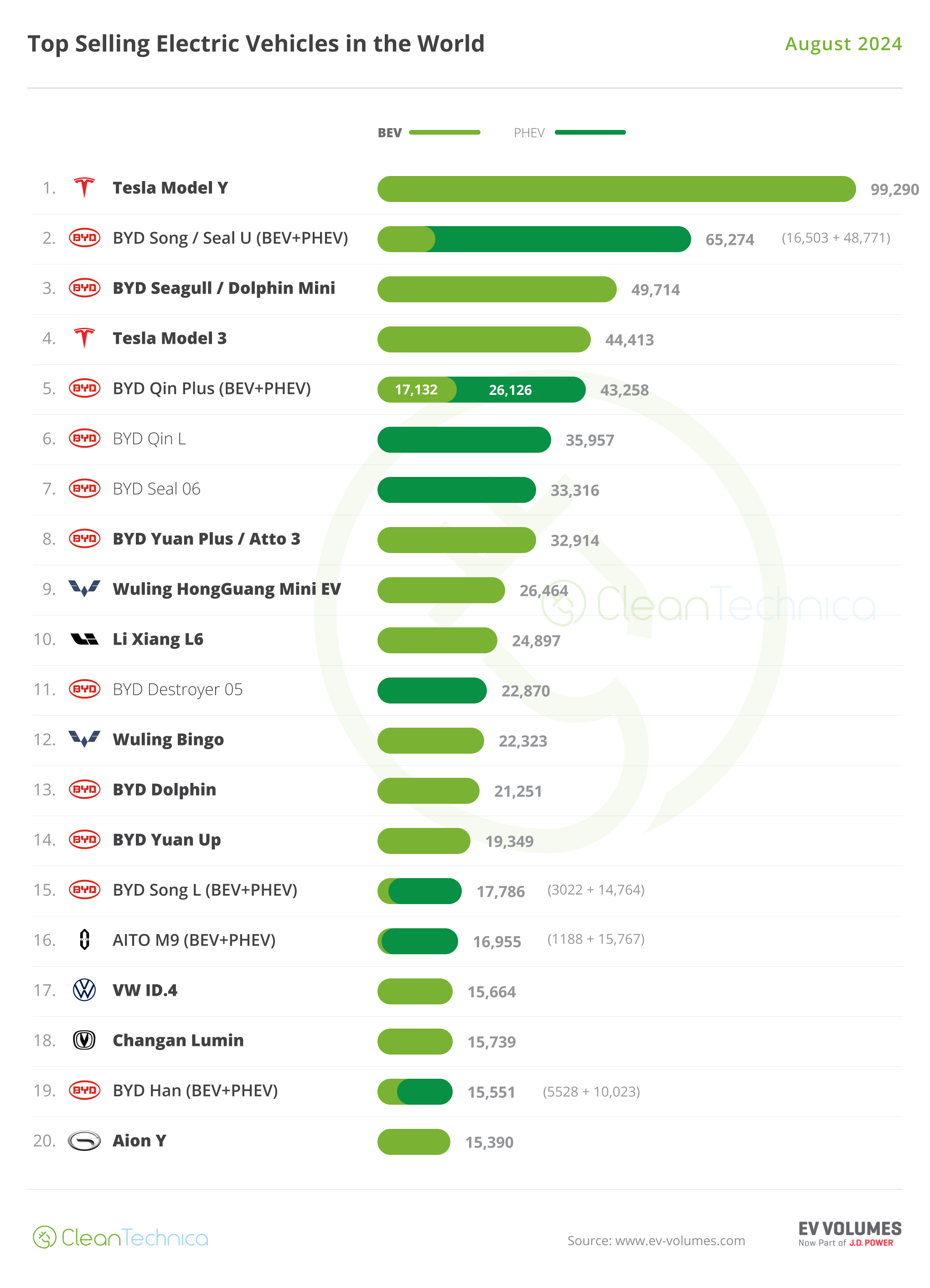Sign up for daily news updates from CleanTechnica on email. Or follow us on Google News!
“In praise of America’s car addiction – How vehicle-dependence makes the country fairer and more efficient” was a headline in The Economist last November. The opposite is true. Findings, cited by The Economist, as well as from other studies, show the contrary.
The Economist concluded that American cities-centres are more accessible than Europe’s. However, it based its conclusion on an outdated version of a study, which omitted to take the large differences in urban density into account. This fault was corrected by the researchers in July 2023, who added data on urban density, which is on average three times higher in Europe than in the US.
This changed their conclusion: although American cities have more and wider roads, this does not lead to better accessibility, because of their low urban density. Urban sprawl creates longer travel distances. Moreover, America’s car addiction results in more than double the car kilometres per person including its related pollution, and in more than twice the number of annual road fatalities per million inhabitants, both compared to the European Union.
Two important policy lessons follow from the comparison between American and European cities. The first is that urban density is crucial for achieving good accessibility. Accessibility originates from both the proximity of workplaces, shops and other destinations and from travel speed. Although car speed is low in large cities, accessibility is better because travel distances are on average only half that in rural areas. Additionally, cities offer better opportunities for biking and public transport, both crucial for high density cities.
Because cities provide more job opportunities for low-income workers than suburbs within an acceptable time for commuting, cities are also fairer. So, praise for Europe’s dense cities, instead of America’s suburbia. Increasing urban density is the cheapest way to improve accessibility and this should be a policy priority.
The second policy lesson is that road building in wealthy urbanised countries is not effective. Ten percent more major urban roads, increases car speed by less than one percent. This follows from data-crunching of 1,200 large cities in the world, as presented in the other research paper referred to in The Economist. The small effect of road capacity on car speed is caused by induced traffic; new roads attract new traffic. This second paper explicitly confirms the ‘fundamental law of road congestion’ from earlier research: one percent extra highway capacity generates one percent extra traffic on these roads. We should stop the illusions about the perceived benefits of highway building in rich countries.
By Arie Bleijenberg, President, T&E. Article first published on T&E website.
Have a tip for CleanTechnica? Want to advertise? Want to suggest a guest for our CleanTech Talk podcast? Contact us here.
Latest CleanTechnica TV Video
I don’t like paywalls. You don’t like paywalls. Who likes paywalls? Here at CleanTechnica, we implemented a limited paywall for a while, but it always felt wrong — and it was always tough to decide what we should put behind there. In theory, your most exclusive and best content goes behind a paywall. But then fewer people read it!! So, we’ve decided to completely nix paywalls here at CleanTechnica. But…
Thank you!
CleanTechnica uses affiliate links. See our policy here.




